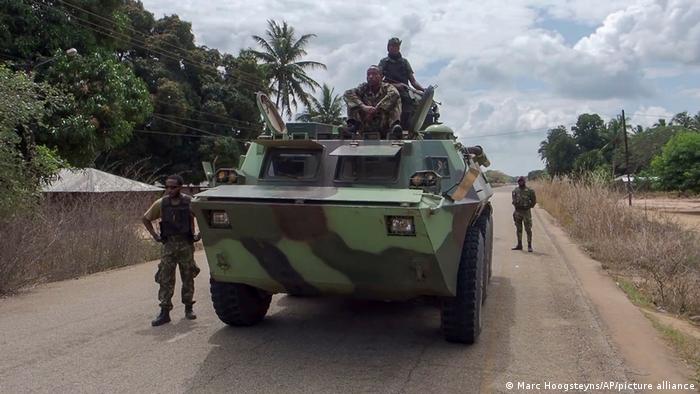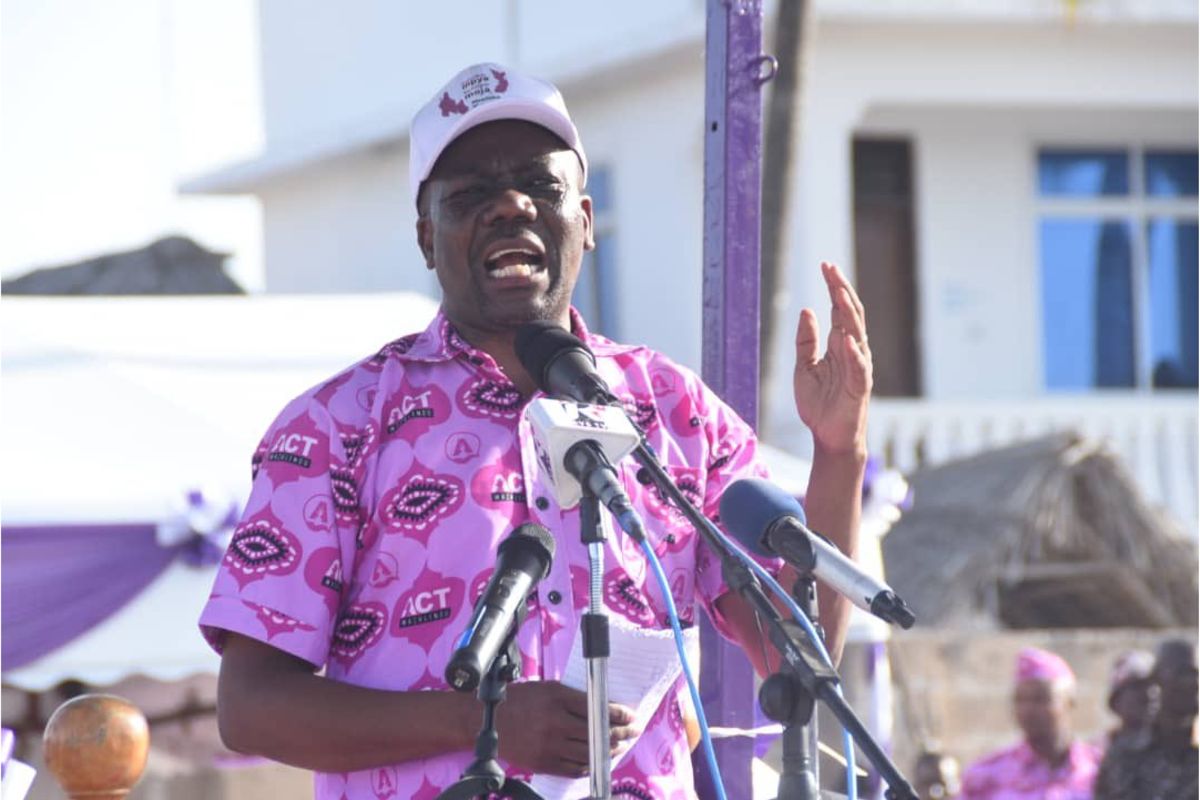Mr Abdulla was speaking during a conference on the state of maritime security partnership for a secure and prosperous Tanzania organised by the Centre for International Policy (CIP) Africa.
Maritime security challenges refers to threats that prevail in the maritime domain, including inter-state disputes, terrorism, piracy, trafficking of narcotics, people and illicit goods, illegal fishing, environmental crimes, and maritime accidents and disasters.
“These threats have no boundary, race, region, country, colour, age or gender. It calls and reminds us that without partnership, no country can stand alone and claim the ability to face them. Partnership is our strength and indeed, together we can,” Mr Abdulla said.
“We cannot deny that the globally connected economy relies on the oceans and adjoining littoral zones for fishing, access to natural resources and the movement of the world’s commerce. Insecurity in the maritime domain has a huge impact on the cost of production.”
Back in July of this year the Tanzanian central government boosted its security presence in the Zanzibar archipelago and in subsequent months struck security cooperation deals with India and Mozambique.
A commission tasked with auditing the country’s security forces was appointed in July by President Samia Suluhu Hassan. It says it is concerned about the situation in the country’s Indian Ocean islands that are under the control of the semi-autonomous Zanzibar local government.
The commission, chaired by the former chief justice Mohamed Chande Othman, is made up of a 12-member team assisted by a five-person secretariat charged with investigating the security sector.
The Tanzanian leader was informed of an increase in the circulation of weapons and drugs in the region and asked the police to create a special police zone in the archipelago, a mechanism that allows for an increased security presence.
Fears over Zanzibar islands leasing may be threatened (read more…)

Zanzibar sources confirm the growing need for better security on the archipelago’s fifty or so islands and islets. This responsibility falls to the Tanzanian central government based in Dodoma. Sources close to the interior ministry say that if it does not get more surveillance and intervention resources, the local government, called the Zanzibar Assembly, could be forced to review its plans to lease some islands to private individuals.
A similar project was envisaged in the 1960s but was cancelled due to the same security concerns.
The Zanzibar Investment Promotion Authority (ZIPA) early this year put nine islands, ranging in size from several dozen to several hundred hectares, on the rental market for investors from the fisheries, tourism and hydrocarbon exploration sectors. The leasing of a dozen islands last year attracted around $261m in foreign investment. Some of the islands have exclusive maritime zones which require an active security policy, but some Zanzibar Assembly members doubt that the national government is capable of providing this.
Share this news
This Year’s Most Read News Stories

Concerns mount over Zanzibar new $44 travel insurance fee
Tour operators, hoteliers, tourists, and tourism stakeholders are raising alarms over Zanzibar’s new mandatory $44 travel insurance fee, set to take effect on September 1.Continue Reading

East African Community Bloc Dismisses Fake Common Currency
The secretariat of the East African Community (EAC) regional bloc has dismissed a post on X, formerly Twitter, which claimed that the bloc’s member countries have launched a common regional currency.Continue Reading

Loud calls for investigation of Zanzibar port, ZSSF & airport
The leader of the ACT Wazalendo, Zitto Kabwe has raised three key issue that he said are hindering the economy of ZanzibarContinue Reading











